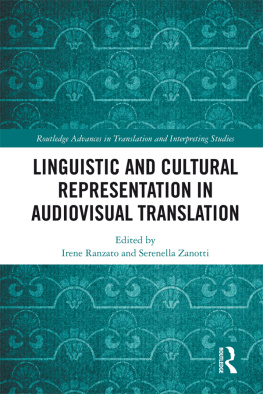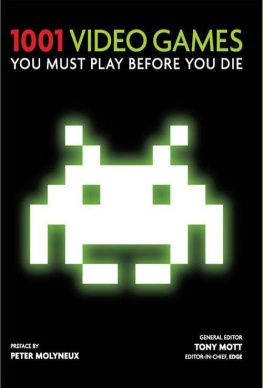Carmen Mangiron, Pilar Orero & Minako OHagan (eds)
FUN FOR ALL
Translation and Accessibility Practices in Video Games

Bibliographic information published by die Deutsche Nationalbibliothek
Die Deutsche Nationalbibliothek lists this publication in the Deutsche Nationalbibliografie; detailed bibliographic data is available on the Internet at http://dnb.d-nb.de.
British Library Cataloguing-in-Publication Data: A catalogue record for this book is available from The British Library, Great Britain
Library of Congress Cataloging-in-Publication Data
Fun for all : translation and accessibility practices in video games / Carmen Mangiron, Pilar Orero & Minako OHagan (eds.).
pages cm
ISBN 978-3-0343-1450-3
1. Multimedia systemsResearch. 2. Audio-visual equipmentTechnological innovations. 3. Translating and interpretingTechnological innovations. 4. Computer gamesProgramming. 5. Video gamesDesign. 6. Video games industryTechnological innovations.
I. Mangiron, Carmen. II. Orero, Pilar. III. OHagan, Minako, 1959
P306.93.F86 2014
794.81526dc23
2013049684
Cover design: Thomas Jaberg, Peter Lang AG
| ISBN 978-3-0343-1450-3 br. | ISBN 978-3-0351-0667-1 eBook |
Peter Lang AG, International Academic Publishers, Bern 2014
Hochfeldstrasse 32, CH-3012 Bern, Switzerland
All rights reserved.
All parts of this publication are protected by copyright.
Any utilisation outside the strict limits of the copyright law, without the permission of the publisher, is forbidden and liable to prosecution.
This applies in particular to reproductions, translations, microfilming, and storage and processing in electronic retrieval systems.
Acknowledgements
First and foremost we would like to acknowledge and thank the contributors for sharing their work with us. Special mention must also be made to Hugh Tanton and Estella Oncins for their revising and formatting assistance.
We are also extremely grateful to the Master in Audiovisual Translation at the Universitat Autnoma de Barcelona (pagines.uab.cat/mtav/), offered by the Departament de Traducci i dInterpretaci (Department of Translation and Interpreting), for its financial help with the publication of this book. Needless to say, any errors and misinterpretations remain our sole responsibility.
The publication of this book has also been made possible thanks to a grant from the Spanish Ministry of Finance and Competivity no. FFI201239056-C0201 Subtitling for the deaf and hard of hearing and audio description: new formats, and by the Catalan Government funds 2009SGR700.
About the Editors
Carmen Mangiron, PhD, is a lecturer and researcher and chair of the M.A. in Audiovisual Translation at UAB.
Pilar Orero PhD (UMIST) is the head of research at CAIAC Research Centre (Universitat Autnoma de Barcelona, Spain) and Director of the European MA in Audiovisual Translation at UAB.
Minako OHagan, PhD, is a Senior Lecturer in the School of Applied Language and Intercultural Studies (SALIS), Dublin City University.
About the Book
Video games have evolved to become a pervasive format which is beyond entertainment, enjoyed by a broad group of people rather than as a niche activity by hardcore gamers. However, to date, academic studies focusing on game localization and accessibility are few and far between, despite the fact that further research in localization and accessibility would be beneficial to all. The different contributions in this pioneering volume address the emerging fields of Game Accessibility and Game Localization from different angles, providing insightful information about these relatively unexplored academic areas with such close tights to the industry. The volume is divided in two sections: the first section includes four contributions on Game Accessibility, dealing with issues such as universally accessible games and guidelines for promoting accessibility. The second section of the book includes nine contributions focussing on different issues affecting game translation and localization, such as case studies, culturalization, fan translation, and terminology management for the game localization industry.
This eBook can be cited
This edition of the eBook can be cited. To enable this we have marked the start and end of a page. In cases where a word straddles a page break, the marker is placed inside the word at exactly the same position as in the physical book. This means that occasionally a word might be bifurcated by this marker.
Table of Contents
D IMITRIS G RAMMENOS
From Game Accessibility to Universally Accessible Games
A LBERTO F ERNNDEZ C OSTALES
Translating Fun for All: Promoting Accessibility in Video Games
J AVIER T ORRENTE , NGEL DEL B LANCO , P ABLO M ORENO -G ER , I VN M ARTNEZ -O RTIZ and B ALTASAR F ERNNDEZ -M ANJN
Accessible Games and Education: Accessibility Experiences with eAdventure
J AVIER M AIRENA
How to Make Universally Accessible Video Games
O RNELLA L EPRE
Divided by language, united by gameplay: an example of ludological game localization
A NNELIES VAN O ERS
Translation Strategies and Video Game Translation: A Case Study of Beyond Good and Evil
G IANNA T ARQUINI
Translating the onscreen text blindfolded: possibilities and impossibilities
R AFAEL M LLER G ALHARDI
Video game and Fan translation: A case study of Chrono Trigger
X IAOCHUN Z HANG
Terminology Management in Video Game Localisation
S TEPHEN M ANDIBERG
Games, Localization, and Diaspora
O LIVER C ARREIRA and E UGENIA A RRS
Video game Localization Training on offer in Spanish Universities at an Undergraduate Level
V ICTOR A LONSO L ION
New Challenges in Interactive Media Localization Projects
K ATE E DWARDS
Beyond Localization: An Overview of Game Culturalization
8 | 9
Video games have evolved to become a pervasive format which is beyond entertainment enjoyed by a broad group of people rather than as a niche activity by hardcore gamers. More recently casual and social games have been further pushing such a trend, turning digital games into a universal phenomenon. Recent game statistics in developed countries indicate the ratio of people in the population who play digital games surpassing well over the 50% mark. For example, the US-based Entertainment Software Association reported that 72% of the US population played a digital game in 2010 (ESA 2011: 2). This suggests mainstreaming of video games and their potentially significant influence on societies as a whole, providing further impetus to research.
This edited volume arose from the first International Conference on Translation and Accessibility in Video Games and Virtual Worlds held at the Universitat Autnoma de Barcelona (UAB) on 2 -3 December 2010, organised by the TransMedia Catalonia Research Group of UAB, which is part of the Centre for Ambient Intelligence and Accessibility in Catalunya (CAIAC). The focus of the conference was unique in its comprehensive approach combining game accessibility, game translation and localization and also related issues in broader environments of virtual worlds. Such combination was due to a broad view of accessibility, which not only encompasses users with functional diversity, but also those who due to age or skill are not able to play a game successfully, those who do not speak the original language of the game, and those who due to socioeconomic conditions cannot access games or virtual platforms. In addition, both game localization and accessibility are issues that ideally need to be taken into account early in the development process of a game, in order prevent costly modifications at a later stage. If accessibility and localization are considered since the conception of the game, it should not be too costly or cumbersome to translate the game into other languages or include accessibility 9 | 10 features, such as the possibility to remap the controls or have intralingual subtitles.
Next page
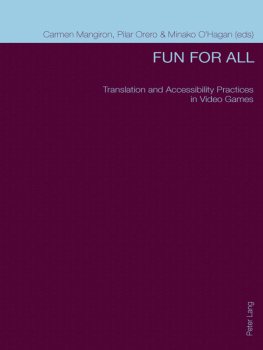

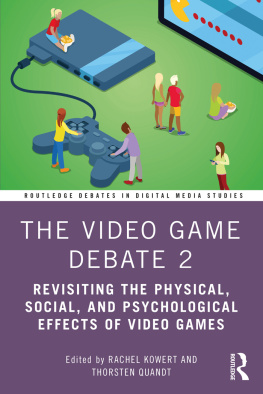
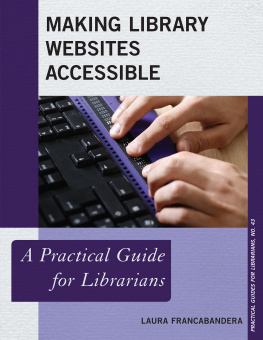
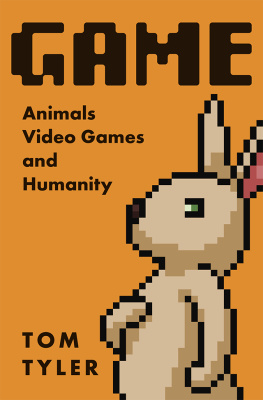
![Ethan Ham [Ethan Ham] - Tabletop Game Design for Video Game Designers](/uploads/posts/book/119417/thumbs/ethan-ham-ethan-ham-tabletop-game-design-for.jpg)
![Chris Bateman [Chris Bateman] - Beyond Game Design: Nine Steps Toward Creating Better Videogames](/uploads/posts/book/119409/thumbs/chris-bateman-chris-bateman-beyond-game-design.jpg)
